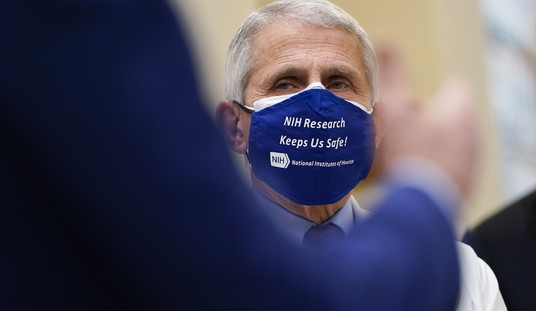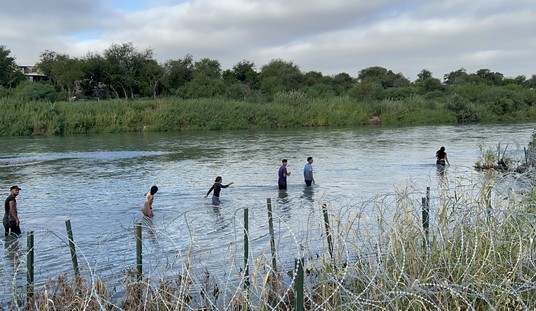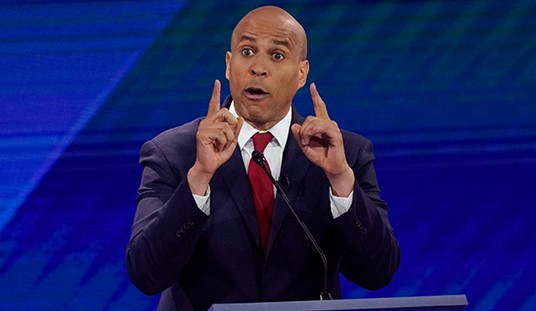America has many allies, and not every ally follows the judicial process or respects the belief in natural rights as defined in America’s Constitution. Not every ally can be Great Britain or Japan and share our philosophy on liberties and individual rights. Human Rights do not have a standard definition for our allies who rely on American aid and support. Aid in countering terrorism and the definition of Human Rights is better served decoupled with some allies. Although America has long considered The Philippines an ally, Rodrigo Duterte, the president of the Philippines, was elected in May 2016, and has done nothing but make his Western allies cringe with disgust since then.
“Duterte Harry,” as he’s not-so-affectionately referred to in reference to a violent vigilante, is a crude, direct man who advocates killing not only drug dealers, but also drug addicts. He has praised Hitler, as well as directly insulted former U.S. President Barack Obama.
Duterte has admitted to killing his own people by his own hand without trial for which he claims no remorse. He told The Philippine Star in December 2016, “I would not have any second thoughts about cutting [a drug dealer’s] head off.” His most recent shoot-from-the-hip awfulness is a joke about rape, which is a war crime. However, no reports of rape have surfaced at this time.
Duterte is often compared to current U.S. President Donald Trump, and in some ways the comparison is apt. Duterte and Trump both rode a wave of populism to power; they both make the progressive left very uncomfortable, and both of them seem to believe they are above the law when they deem fit. However, that is where the comparisons end.
Duterte won the popular vote by 7 million votes, whereas Trump lost the popular vote by 3 million (despite winning the electoral college 306 electors compared to Hillary Clinton’s 232). Duterte’s background and career is in government; his previous position was as the popular mayor of Davoa, the ninth safest city in the world, which Duterte happily takes credit for.
In May 2016, he boasted, “We’re the ninth safest city. How do you think I did it? How did I reach that title among the world’s safest cities?”
Trump, on the other hand, has zero experience in government and came from immense wealth, while Duterte’s origins were much rougher and he had to work his way up to get to where he is now. However, despite Duterte’s extremely troubling approach to drugs, and despite the differences between the two men, Duterte’s country has extreme value to the American presence in the Pacific.
Unfortunately, Americans must, for the time being, look past its disgust of Duterte’s unlawful methods and consider what is best in the long-term. Because the Philippines currently has one of the largest Islamist insurgencies outside the Middle East.
Like many of the underdeveloped parts of the world, the Philippines has a jihad problem. The radical Islam group known as the Maute Group was founded in the Philippines in 2013 by two local brothers, coinciding with the rise of the Islamic State in Syria and Iraq (ISIS). The organization has recently merged with Abu Sayyaf, a larger faction with better connections – they are considered the “rock stars” of Asian Islamist extremists. Both groups have pledged allegiance to ISIS, though they operate in their own interests. Together they managed to bring Marawi, a city of 200,000 people, to a grinding halt in May 2017 by seizing a strategic position in the city. Snipers for the two groups have held their position for four days now, as airstrikes, attack helicopters, and tanks have failed to dislodge the merged terror organizations. Duterte has since declared a state of martial law across the entire island on which Marawi is located, and many fear Duterte will take advantage of the opportunity to consolidate more power and to be even more brutal and heavy-handed with his countrymen. However, Duterte is staring down a growing Islamist insurgency, born out of a separatist movement, which must be defeated as quickly and powerfully as possible.
“What’s happening in Mindanao is no longer a rebellion of Filipino citizens,” said Jose Calida, the solicitor general of the Philippines. “It has transmogrified into an invasion by foreign terrorists who heeded the clarion call of the ISIS to go to the Philippines if they find difficulty in going to Iraq or Syria.”
Duterte recently traveled to Moscow, where he planned to ask the Russians for help against an element that threatens his country and currently holds hostage a city the size of Birmingham, Alabama. However, though the situation had looked somewhat manageable, it escalated to the point Duterte was forced to declare martial law in the country and abruptly cut short his visit to Moscow.
The optics of Duterte, an American ally, asking the Kremlin for help is embarrassing and truly shameful.
It gets worse. Our longtime ally, the Philippines, was with our geopolitical foe, Russia, asking for help to counter terrorism at the same time that President Trump was touching glowing orbs with two leaders who make most Westerners cringe, King Salman of Saudi Arabia and President Abdel Fattah el-Sisi of Egypt.
Trump was presumably in Saudi Arabia to strengthen and reaffirm our bond with counter-terrorism partners, but it does not go unnoticed that it should have been the U.S. to whom the Philippines looked first. Perhaps Duterte should have been invited to the Saudi summit rather than to visit the White House.
It is easy and popular to denounce Duterte through the American perspective regarding his war on drugs and leave him to fend off an insurgency connected to a global war, but what is often easy is rarely right.
Duterte should be a lesson for Americans: The perfect ally does not exist.
It is a miscalculation to view and judge leaders abroad through the same lens as American leaders. This is especially true when that imperfect ally is willing to do anything – including turning to the Kremlin – to save his country from a radical Islamic army who is fast gaining strength and notoriety.
Moreover, unlike Syrian President Bashar al-Assad — who has been increasingly in the news for likely gassing his own people — the United States has long had a working and open relationship with Duterte and the Philippines. Allowing that relationship to deteriorate could be costly.
Duterte should not have to go to America’s geopolitical rival to buy weapons and request help from Russia’s counter-terrorism intelligence network. Such support and assistance is what Washington D.C. should happily and proactively offer to its long-time ally – regardless of who it makes cringe.













Join the conversation as a VIP Member